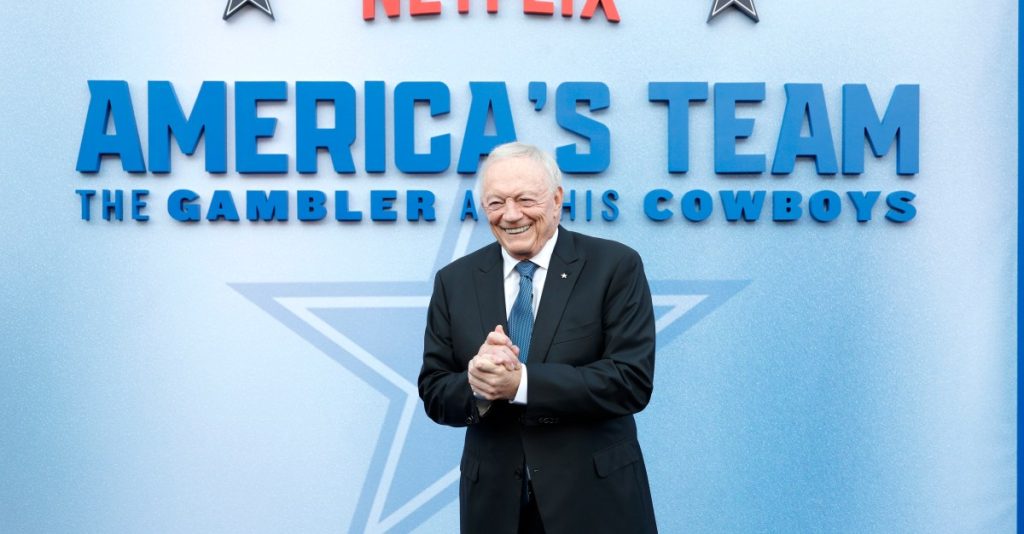Stunning Trade Shocker
The Dallas Cowboys shocked everyone by trading Micah Parsons to the Green Bay Packers. This unexpected decision is particularly notable as Parsons is a prominent pass rusher in the prime of his career, and dealing him to a major rival like Green Bay adds to the surprise.
Parsons’ Impressive Career
In his short NFL career, Parsons has received Pro Bowl honors in each of his first four seasons and has been named an All-Pro twice. With an impressive tally of 52.5 sacks, he ranks sixth all-time in that period, trailing legends like Reggie White and J.J. Watt. Though the Cowboys received Pro Bowl defensive tackle Kenny Clark and two first-round picks in return, it feels like insufficient compensation for a player of Parsons’ exceptional caliber. The reason behind this trade is perplexing: why would Jerry Jones make such a move?
Jones’ Business Philosophy
Throughout the years, the well-known conflict between Jimmy Johnson and Jerry Jones foreshadowed the end of the Cowboys’ success in the ’90s. Regardless of whether one sides with Johnson or Jones, the decisive perspective is that of Jones, who serves as both owner and general manager. Jones’ business style didn’t align with Johnson, leading to a split with a coach who brought him two Super Bowl titles.
Impact of Hubris on Decisions
Over the last three decades, Jones’ arrogance has only intensified, despite the Cowboys not securing a championship since 1995. This self-righteousness appears to have stunted the team’s growth, as their value has risen to $13 billion, perhaps adding to Jones’ sense of vindication. His son, Stephen, is increasingly prominent in team operations, often mirroring his father’s business tactics while attempting to justify them.
Context of the Trade
When considering the Parsons trade, the contract’s cost should not significantly factor into the decision. The NFL has demonstrated that salary cap figures can often be adjusted to accommodate expensive contracts. However, Parsons’ asking price conflicted with Jones’ traditional approach, leading to a lack of agreement. In a conversation with ESPN’s Stephen A. Smith, Jones expressed the need to feel “comfortable” with the contract, revealing more about his personal business mindset than a strategy aligned with the NFL’s current practices.
Negotiation Missteps
On the Ross Tucker Podcast, sports agent Andrew Brandt shared insights into Jones’ attempts to negotiate with Parsons. It seems Jones tried to bypass Parsons’ agent, reaching a verbal agreement directly with Parsons, which ultimately backfired. Frustrated with his representation, Jones decided to trade Parsons, signaling his desire for control and authority in the decision-making process.
Conclusion: A Cautionary Tale
Jones has a history of extending contract negotiations with star players, like Ezekiel Elliott and Dak Prescott, while involving the media to pressure players into a corner. This episode with Parsons mirrors earlier situations, like with Tyron Smith in 2014 when negotiations unfolded without his agent’s presence. Each player has their own personality, leading to distinct outcomes. Ultimately, Parsons has left the Cowboys because Jones failed to adapt to modern negotiation practices, illustrating that old habits indeed die hard.



